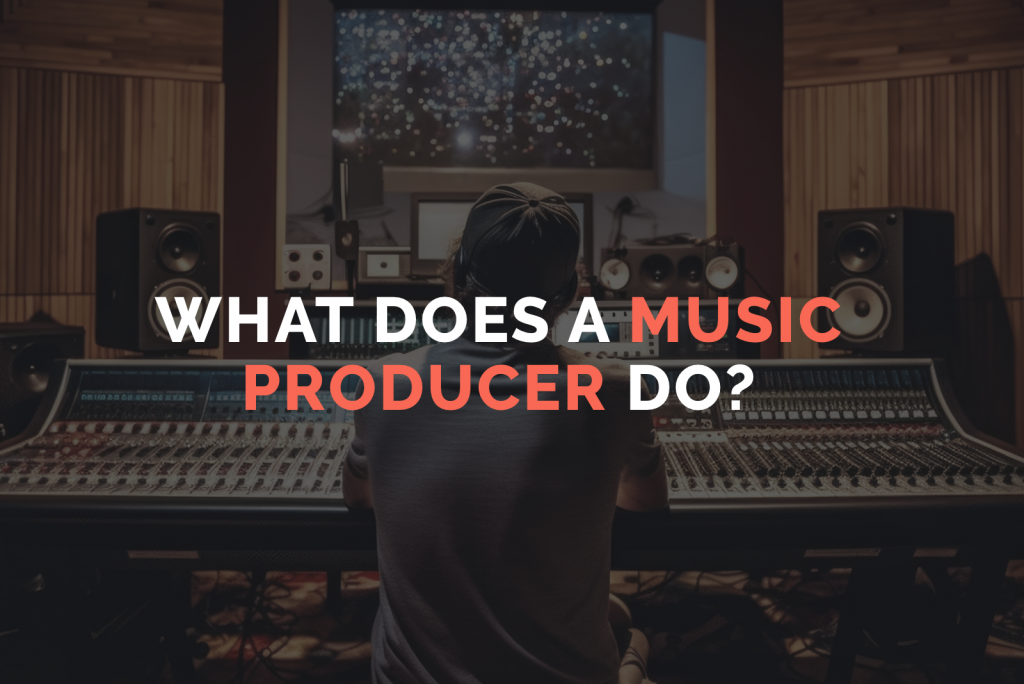What Does a Music Producer Do?
We are all familiar with the title record or music producer, but what exactly do they do?
The role of a music producer encompasses a multitude of things (both musical and non-musical) and each producer works slightly differently but put simply; they are creative directors put in place to help guide the artist through the entire recording process and make a piece of music / album realize its full potential.
Managing a Schedule & Budget
It is the responsibility of the producer to create a schedule and clearly communicate that schedule to all involved in the project. Producers are also responsible for managing the budget, as well as providing a studio location and selecting musicians that might be needed for the session. Some producers are also recording engineers, either in their own studio or another location they like to
work out of. I function as both a producer and engineer, but there are times where I am asked to track an instrument during the session as well as produce. In this instance I hire an engineer who can run the session while I am tracking with the artist. All of this comes at a cost, and it is my job to make sure the budget can cover situations like this.
Sculpting the Sound
A producer takes a very basic version of a song and turns it into a professional recording. They consult with the artist ahead of time (usually at pre-production meetings) to discuss what direction the song will go in. Often a producer will be picked because they have a signature sound in their recordings and the artist wants to replicate that in their own music. Other times a producer will be selected because they have a great reputation and a wealth of experience. Some producers will only work in a specific genre and have built up a reputation for themselves within that community, but I also know many who have successfully crossed over into different genres.
Arrangement & Songwriting
If needed, during pre-production meetings a producer will help a songwriter structure their songs to get them sounding their absolute best. A producer also helps with re-writing any lyrics and in some situations will co-write new or existing material with the artist.
A producer will decide what instrumentation will be used as well as what the musical arrangements will be. They keep detailed notes for each song, such as song keys, tempos, and time signatures. Not all producers do this, but I like to also write out charts and have copies of lyrics because I feel it contributes to a session running smoothly.
Getting the Best Performances
A producer is responsible for keeping musicians motivated during a session and getting the best results out of everyone involved. They also know when to push for a better take and when to keep moving. This is especially important when you are dealing with tracking multiple songs over a short period of time. I had this recently when I had to track 7 songs in one day and it was my call to keep things moving, even when others wanted to spend more time on a particular song. There are only so many hours in a day and as the producer it was my job to keep an eye on the clock and know exactly how much time we needed to allocate to each song.
Understanding Music Production
Most recording studios have in-house engineers who are familiar with all outboard gear as well as the overall running of the studio. Even when an in-house engineer is present, a producer should still have knowledge of certain pieces of hardware (compressors and preamps) and microphones that are seen in many studio settings and should be deciding with the engineer if any of these will be used (and for what instrument / vocal).
Considering your next song production? Contact me, or any of the other talented Music Producers on AirGigs.

